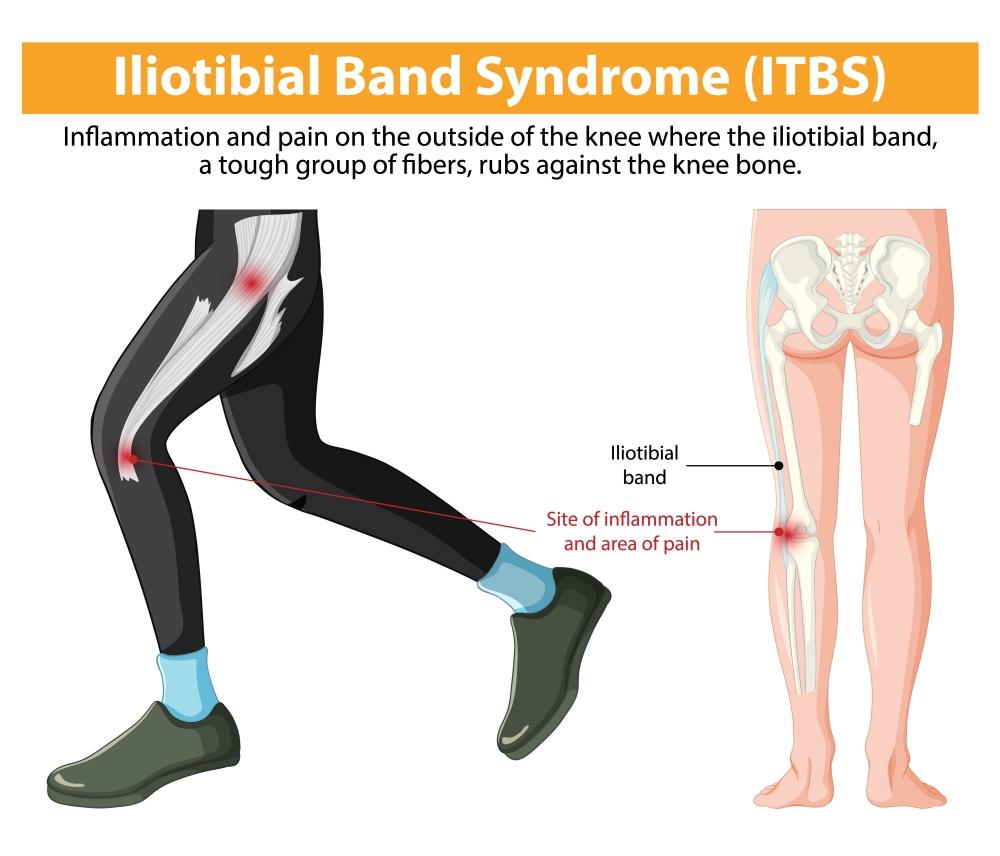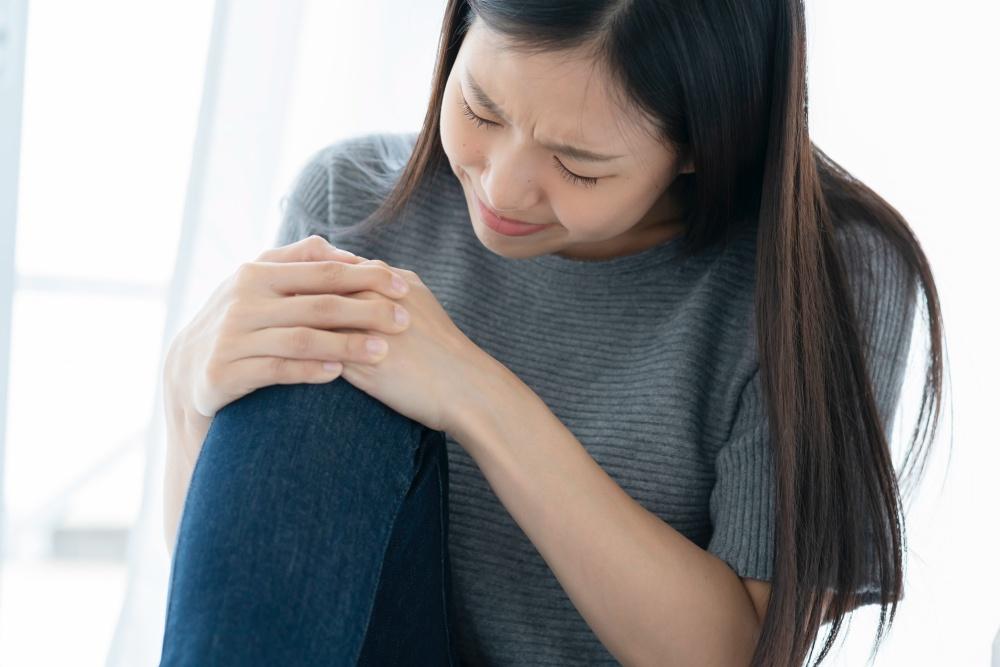What Can Cause Knee Pain Without Injury
One day, out of the blue, you wake up with a dull ache or feel a sharp twinge in your knee, yet you haven’t had a fall or any other specific accident that could explain it.
This experience is more common than you might think. While many people associate knee pain with a direct blow, a bad fall, or a twist, the truth is that a surprising number of conditions can cause sudden or random knee pain without an active injury. Many of the reasons for knee pain are not the result of a single moment of trauma but are instead due to a gradual process or an underlying condition.
Common Causes of Sudden Knee Pain Without Injury
Here are some of the most common reasons for knee pain that knee specialists in Singapore frequently encounter:
1. Past Injury
Even if a previous injury from years ago seemed to have healed completely, its effects can linger and resurface. A prior sports injury, like a strain, ligament tear, or fracture, may have subtly altered the joint’s mechanics or accelerated wear and tear. This can lead to chronic pain or accelerate degenerative changes, causing discomfort to reappear years later without a new incident.
2. Misaligned Gait
Your gait (the way you walk, run, or stand) forms the foundation of your entire body’s movement. If your gait is misaligned, it can place uneven stress on your knee joint. This can be due to issues with your feet, ankles, or hips, or even inappropriate footwear.
For example, overpronation (when your foot rolls inward) can cause your kneecap to track improperly. Over time, this chronic, uneven pressure can lead to persistent knee pain. You might not even notice this is happening, but then one day your knee starts feeling pain randomly because the cumulative stress has finally taken its toll.
3. Knee Tendonitis
Knee tendonitis is the inflammation of the tendons around the kneecap, often due to overuse. Tendons, which connect muscle to bone, can become irritated from repetitive activities like running, jumping, or cycling.
While overuse is the primary cause of tendonitis in the kneecap, it’s crucial to understand that underlying misalignments can worsen the pain. Similar to the gait issues mentioned above, when your body isn’t in proper alignment, some tendons may be under more stress than others, making them more susceptible to pain, particularly with continued activity.
4. Bursitis
The knee joint is surrounded by small, fluid-filled sacs called bursae. They exist to cushion the bones, tendons, and muscles. Bursitis is the inflammation of one of these sacs.
It is typically caused by repetitive use or prolonged pressure on the knee, such as from kneeling for extended periods. This can cause noticeable swelling and sharp pain around the knee.
5. Patellofemoral Pain Syndrome (Runner’s Knee)
This condition, often known as “runner’s knee,” is a common cause of pain around or behind the kneecap. It is usually caused by overuse, hence the name “runner’s knee”, since runners are especially susceptible to this type of overuse.
But muscle imbalances in the thigh or issues with the way the kneecap tracks can be significant contributing factors. The result is a dull, aching pain, particularly when going up or down stairs, squatting, or after sitting with bent knees for an extended time.
6. Arthritis
Arthritis is an umbrella term for conditions that cause joint inflammation. While arthritis is often associated with age, it can affect anyone and is a very common cause of sharp knee pain. There are a few types that can affect the knee, such as:
Osteoarthritis
This is the most common form of arthritis and is often referred to as “wear-and-tear” arthritis. It occurs over time as the protective cartilage that cushions the ends of your bones wears down.
As a result, the bones can rub against each other, leading to chronic pain, stiffness, and loss of function. This typically affects older individuals but can be accelerated by previous injuries.
Rheumatoid Arthritis
Unlike osteoarthritis, rheumatoid arthritis is an autoimmune disease where the body’s immune system mistakenly attacks the joint lining, causing chronic inflammation, swelling, and sharp pain. It can affect people of all ages and typically impacts both knees simultaneously.
Gout
Gout is a type of inflammatory arthritis that can cause sudden, severe attacks of pain, redness, and tenderness in the joint. It is caused by the build-up of uric acid crystals within the joint. While it mostly affects the big toe, it can also cause pain in the knees.
Psoriatic Arthritis
This affects those who have the skin condition psoriasis. It can lead to discomfort like joint pain, stiffness, and swelling that can flare up unpredictably in the knee.
7. Infections
While less common, an infection within the knee joint or surrounding tissues can be a serious cause of knee pain. Known as septic arthritis, a bacterial or fungal infection can be introduced to the joint through a wound or travel through the bloodstream from another part of the body. An infection in your kneecap can lead to severe pain, swelling, and fever.

8. Iliotibial Band Syndrome (ITBS)
The iliotibial (IT) band is a long piece of connective tissue that runs from the outside of your hip down to the outside of your knee. In runners, the IT band can become tight and rub against the outside of the knee joint, causing inflammation and pain on the outer side of the knee.
Like other overuse injuries, you might not feel the pain at first, but it can appear suddenly and seemingly at random when the repetitive stress reaches its tipping point.
9. Cancer
In very rare instances, persistent knee pain that doesn’t respond to treatment can be a sign of a bone tumour or soft tissue sarcoma. While this is not a common cause, it is one of the more serious possibilities that a doctor will rule out during a comprehensive evaluation.
10. Osgood-Schlatter Disease
Common in growing adolescents, this condition causes pain and swelling just below the kneecap. It’s caused by inflammation of the patellar tendon where it attaches to the shin bone, often due to a growth spurt combined with activity.
Seek Professional Diagnosis
Experiencing persistent knee pain without a clear reason can be a confusing and concerning experience. While it may be tempting to self-diagnose and seek remedies online, it is crucial to seek a professional medical evaluation to accurately diagnose the underlying cause and ensure appropriate treatment.
A proper, professional diagnosis is the only way to know if you might require treatments such as a gel injection for the knee, physical therapy, or even a more significant procedure like a knee replacement surgery.
Don’t let undiagnosed knee pain impact your quality of life. The team at Centurion Orthopaedic Centre can conduct an assessment to confirm the cause of your discomfort, guiding you towards a personalised treatment plan.
Book a consultation for a professional assessment today.




